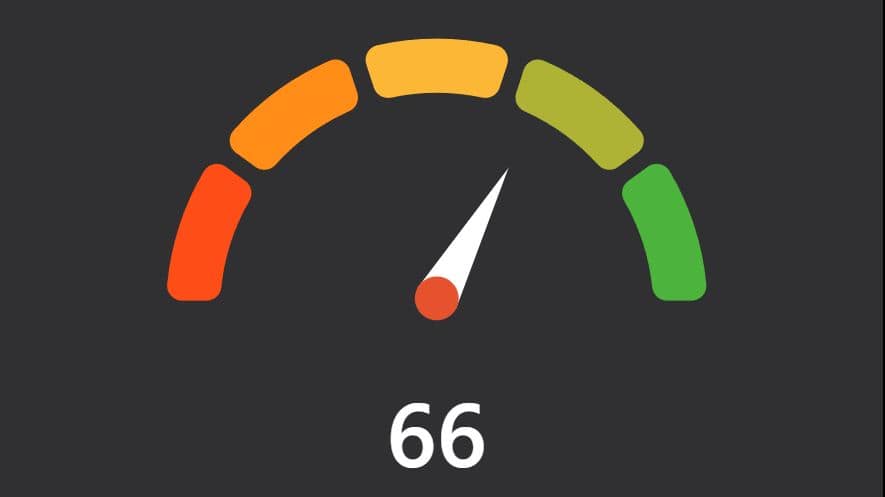Trezor is joining forces with Wasabi Wallet to introduce the CoinJoin feature. The convenience, which was announced as early as last year, is now officially confirmed.
Trezor sets its sights on the privacy of BTC transactions
Trezor, an innovative manufacturer of hardware cryptocurrency wallets, has introduced a brand new feature that will provide even more privacy for users. In cooperation with Wasabi Wallet, a well-known Bitcoin wallet focused on providing anonymity, the CoinJoin feature has been implemented, allowing for effective “mixing” of Bitcoin transactions.
CoinJoin is an advanced technique that allows multiple users’ unspent transaction outputs (UTXOs) to be combined into one, ultimately generating different output addresses. This makes it much more difficult to trace the original sources of transactions, resulting in a higher level of privacy.
Trezor already enables this innovative feature in Model T. Support for the Model One, on the other hand, is expected to be added soon. This is another step by this hardware wallet provider in its quest to provide the highest level of security for its customers.
Bitcoin transaction privacy on Trezor in practice
Matej Zak, CEO of Trezor, stresses that CoinJoin’s technology offers users a level of anonymity similar to cash payments.
“People can make private cash transactions without leaving digital traces or sharing their identity with anyone. Cash is completely private and does not allow a third party to check your account balance, and the CoinJoin feature on Trezor offers a similar level of privacy for Bitcoin,” Zak says.
In doing so, he adds, “the security of the process and ease of use help deliver privacy to a wider audience, which is one of the core values of the Bitcoin community.”
The CoinJoin feature is available on Trezor wallets by simply clicking the “Anonymize” button. After selecting the number of rounds of CoinJoin, which increases privacy with each successive round, users confirm their preferences with their Trezor device and leave it connected while Trezor Suite launches.
The rest of the CoinJoin process is automated and requires no further user interaction. As a result, using this feature is easy and safe for everyone.
Who is CoinJoin for?
CoinJoin is an innovative technique that effectively addresses many of the privacy issues in the Bitcoin network, eliminating the inherent transparency that is often mistaken for anonymity.
One of the most serious challenges is the ability of cryptocurrency exchanges to link users’ real identities to their Bitcoin addresses, allowing their transactions to be tracked even after funds have been withdrawn. With CoinJoin, transaction history is hidden, effectively countering this kind of surveillance. Now users can enjoy greater privacy and protection of their data on the Bitcoin payment network. This is an important step toward ensuring complete privacy and financial independence for cryptocurrency users.



























